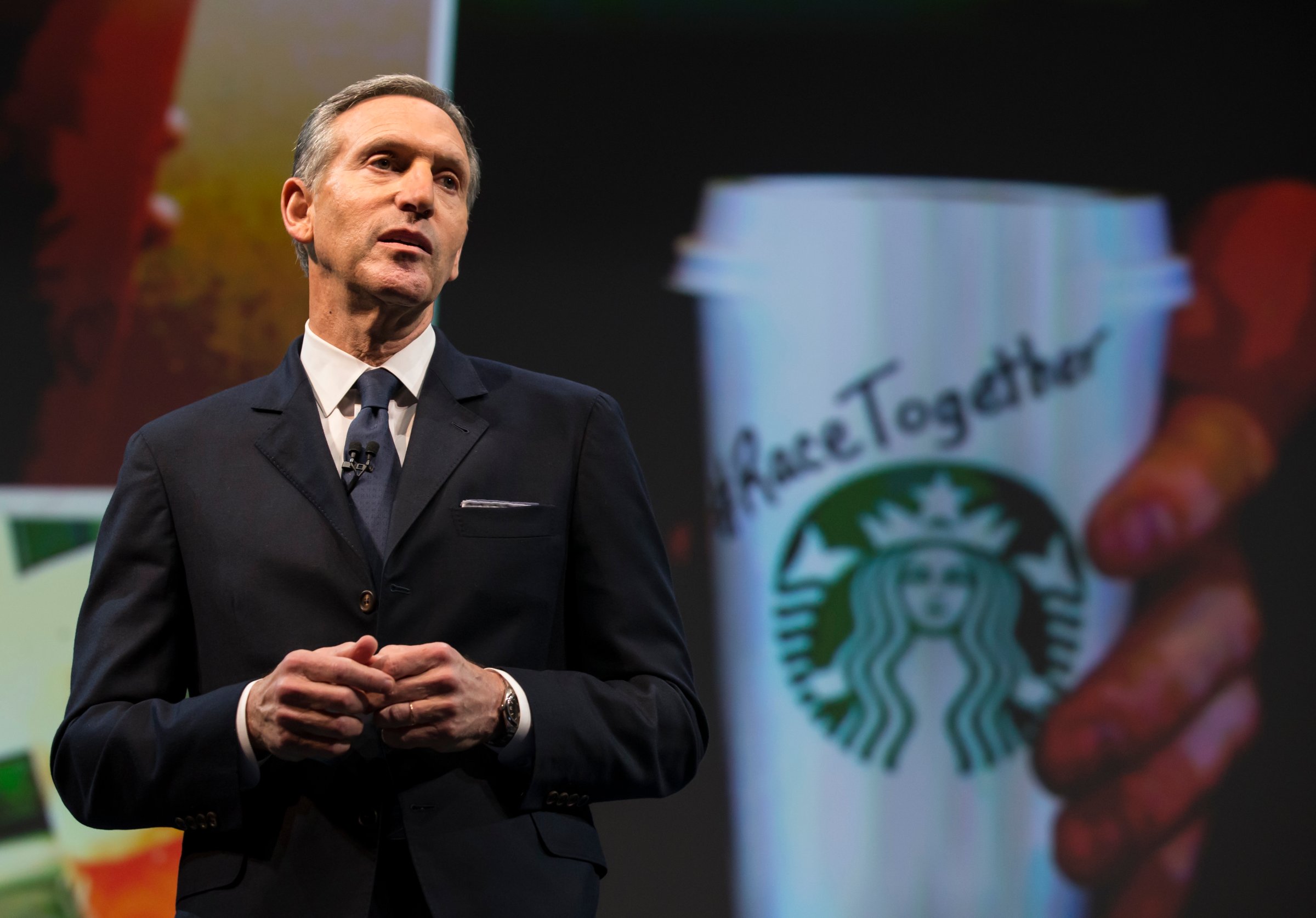
“Must a cup, or bag, suffer an existence that is limited to just one humble purpose, defined merely by its simple function?” an obscure philosopher by the name of Chipotle Mexican Grill posted online last May.
The answer to that question, according to the burrito chain, is no. And to prove it, Chipotle decided to bestow its cups and bags with original literary nuggets penned by some of the nation’s most venerated and popular writers. A blockbuster screenwriter, a Nobel laureate, a revered M.D.-Ph.D. journalist, among others, were offered the rare chance to publish on Chipotle’s wrinkly, recycled papers, destined for garbage cans nationwide, but not before passing through millions of hands. This way, the company’s food and drink holders could manage, if only for a moment, to hold the elusive attention of its customers. And apparently, the project is a hit: the project, called the ‘Cultivating Thought’ series, kicked off its second edition in January.
Go Inside Starbucks' Wild New 'Willy Wonka Factory of Coffee'
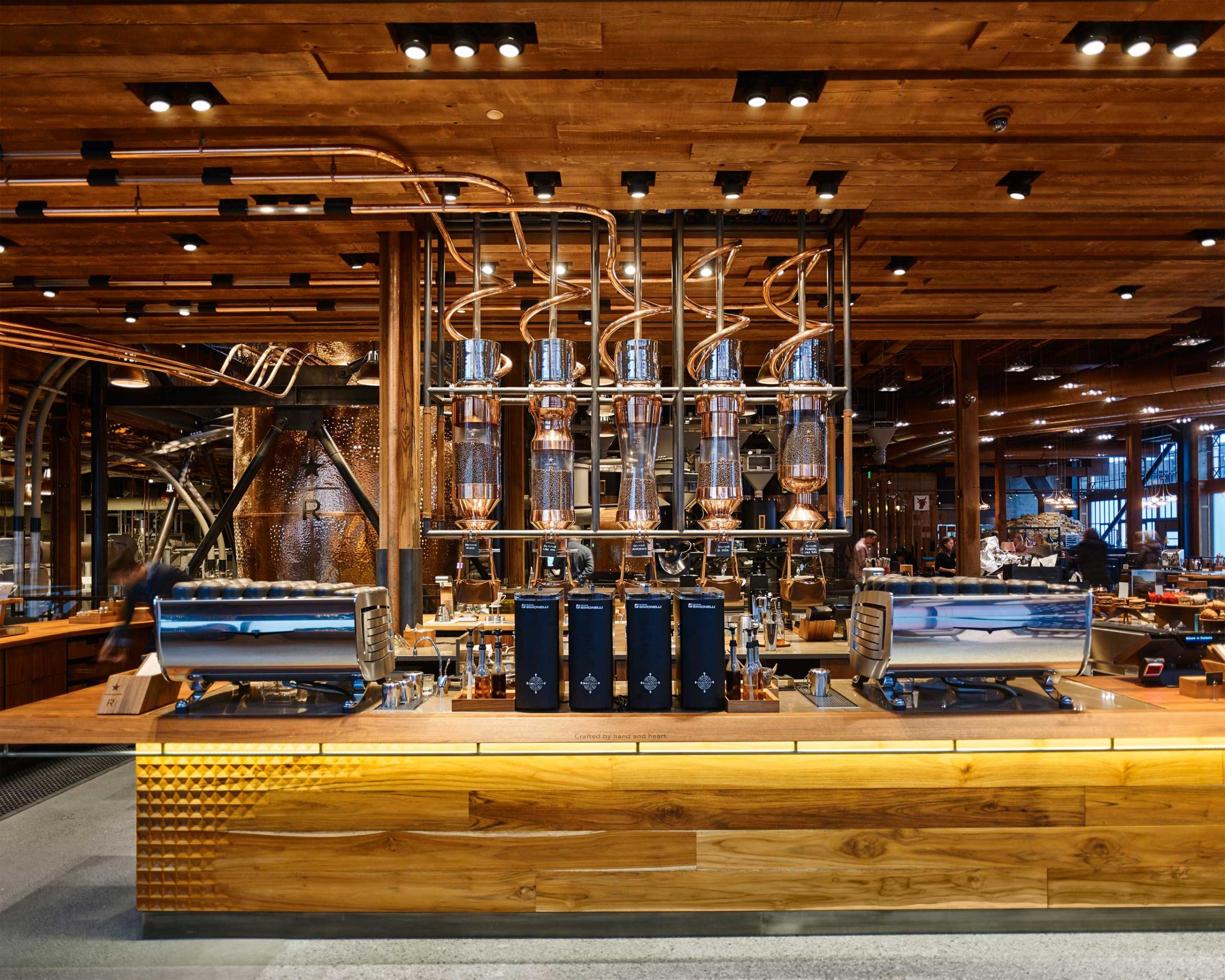


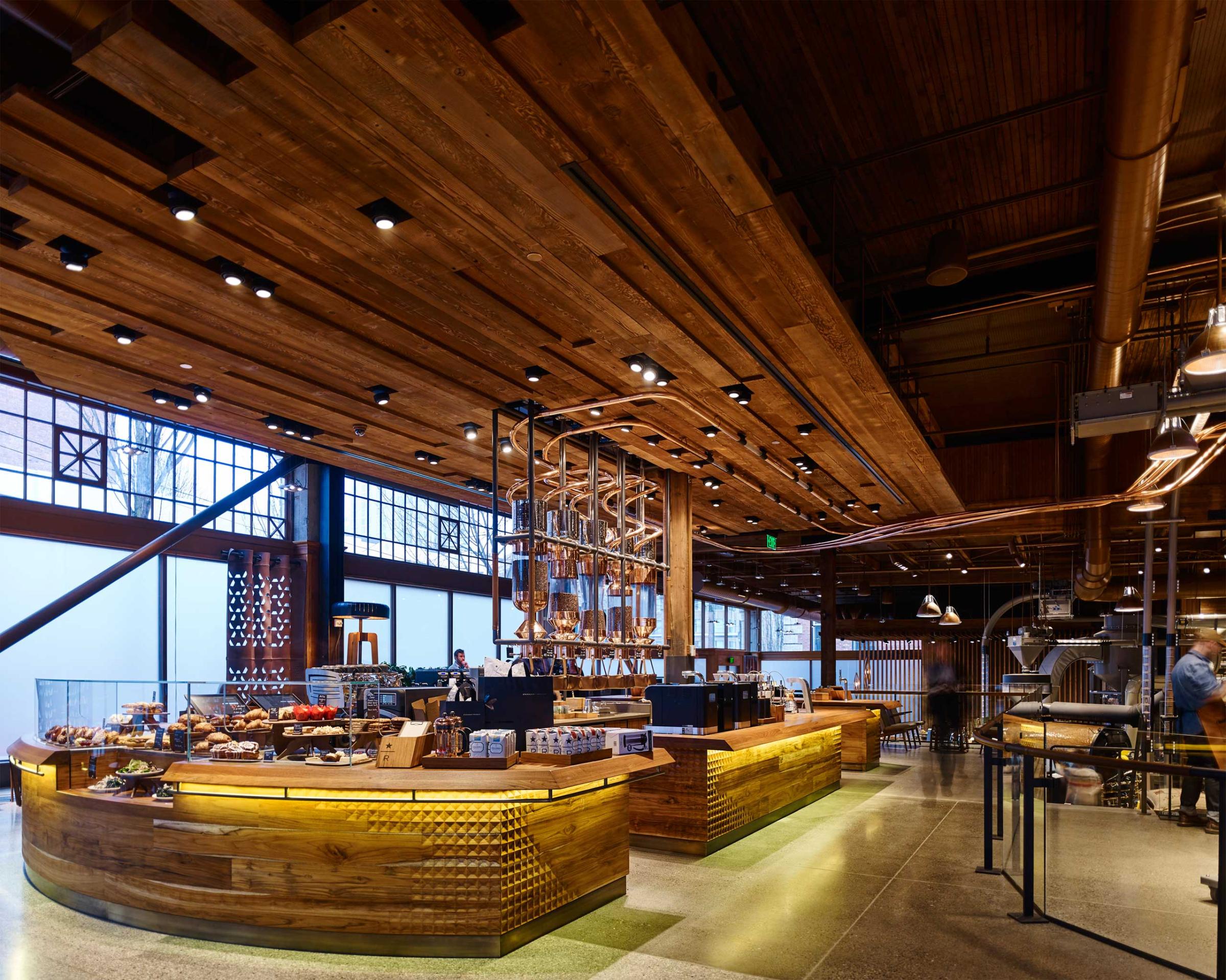
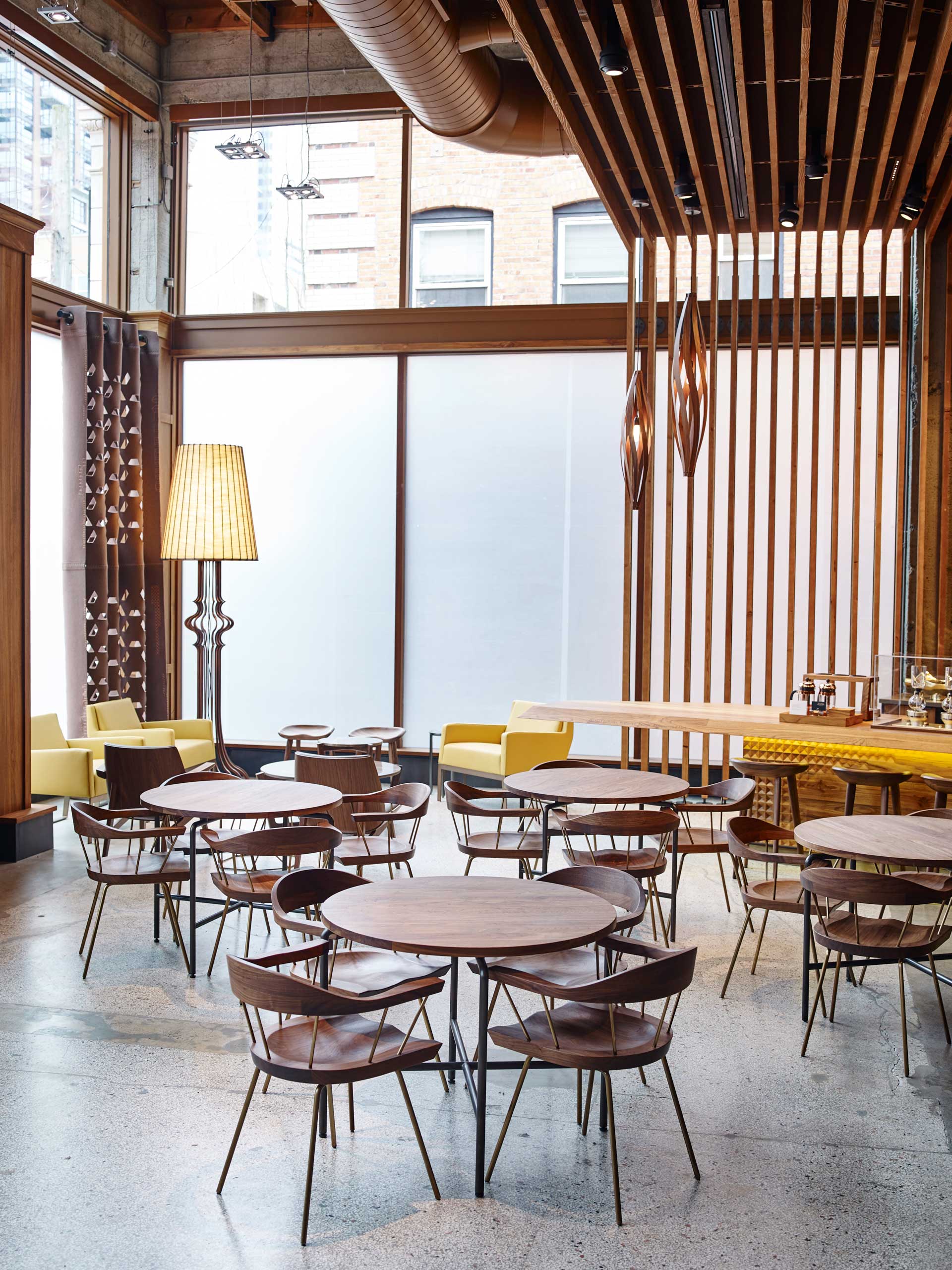
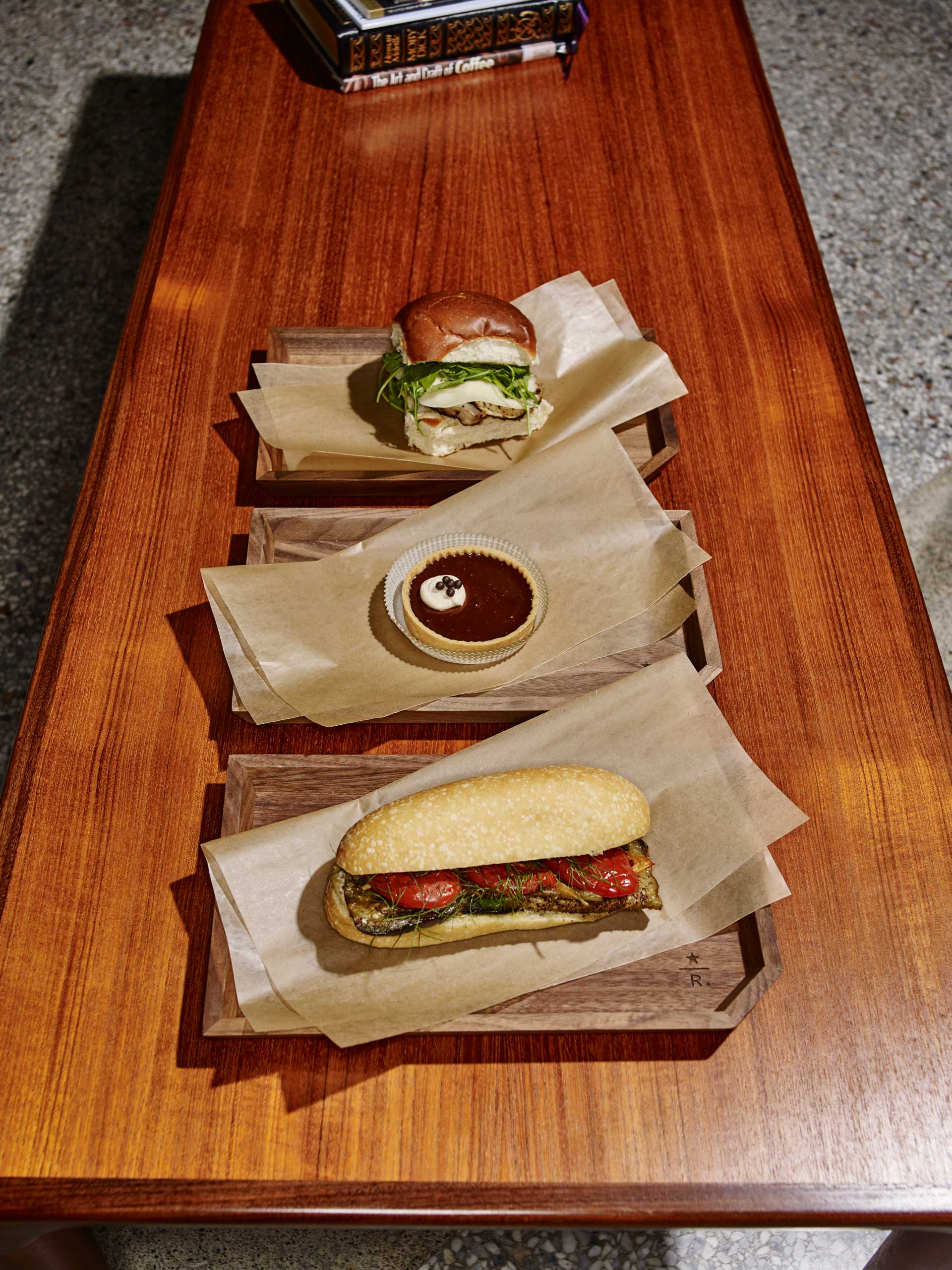
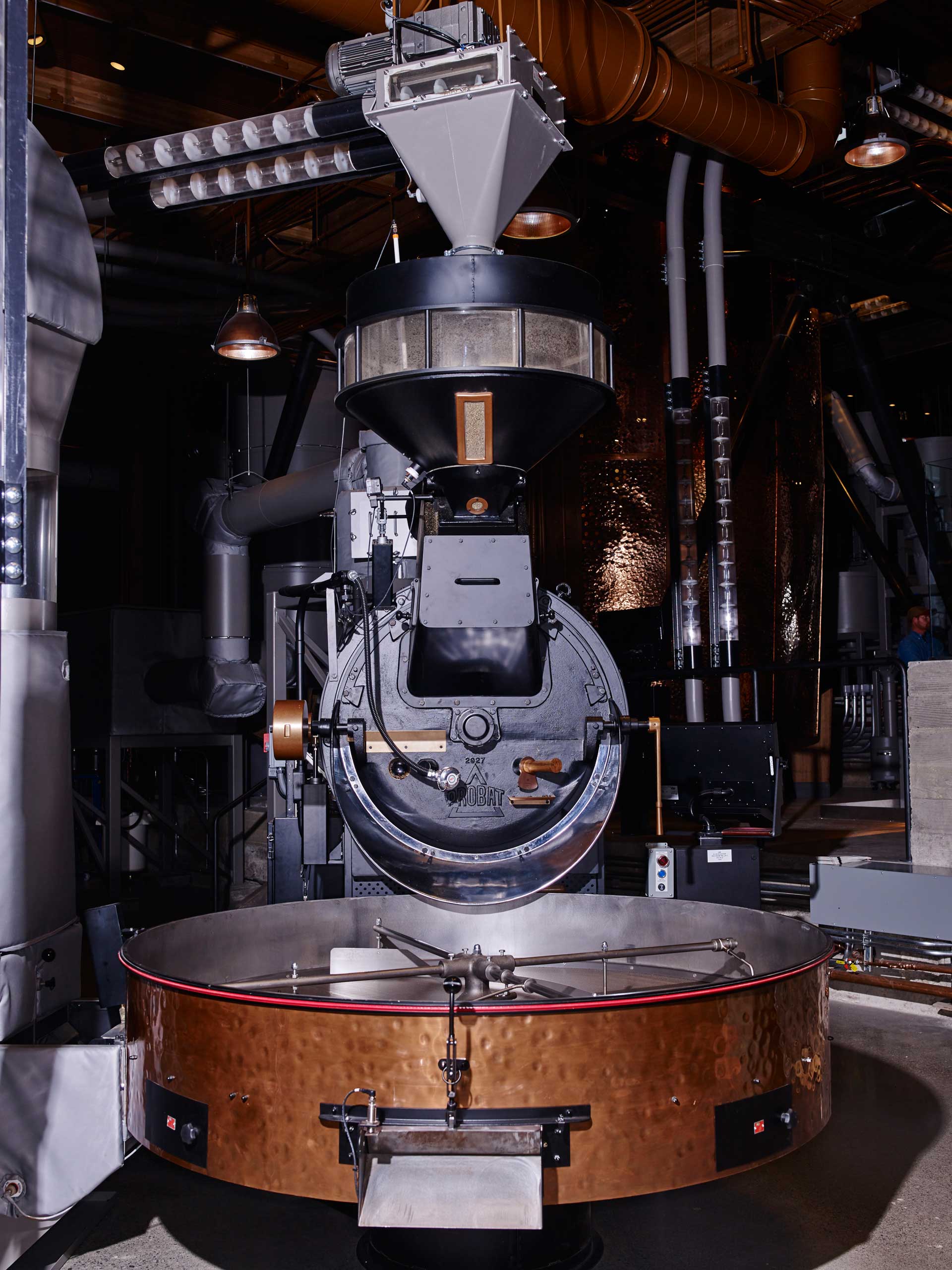
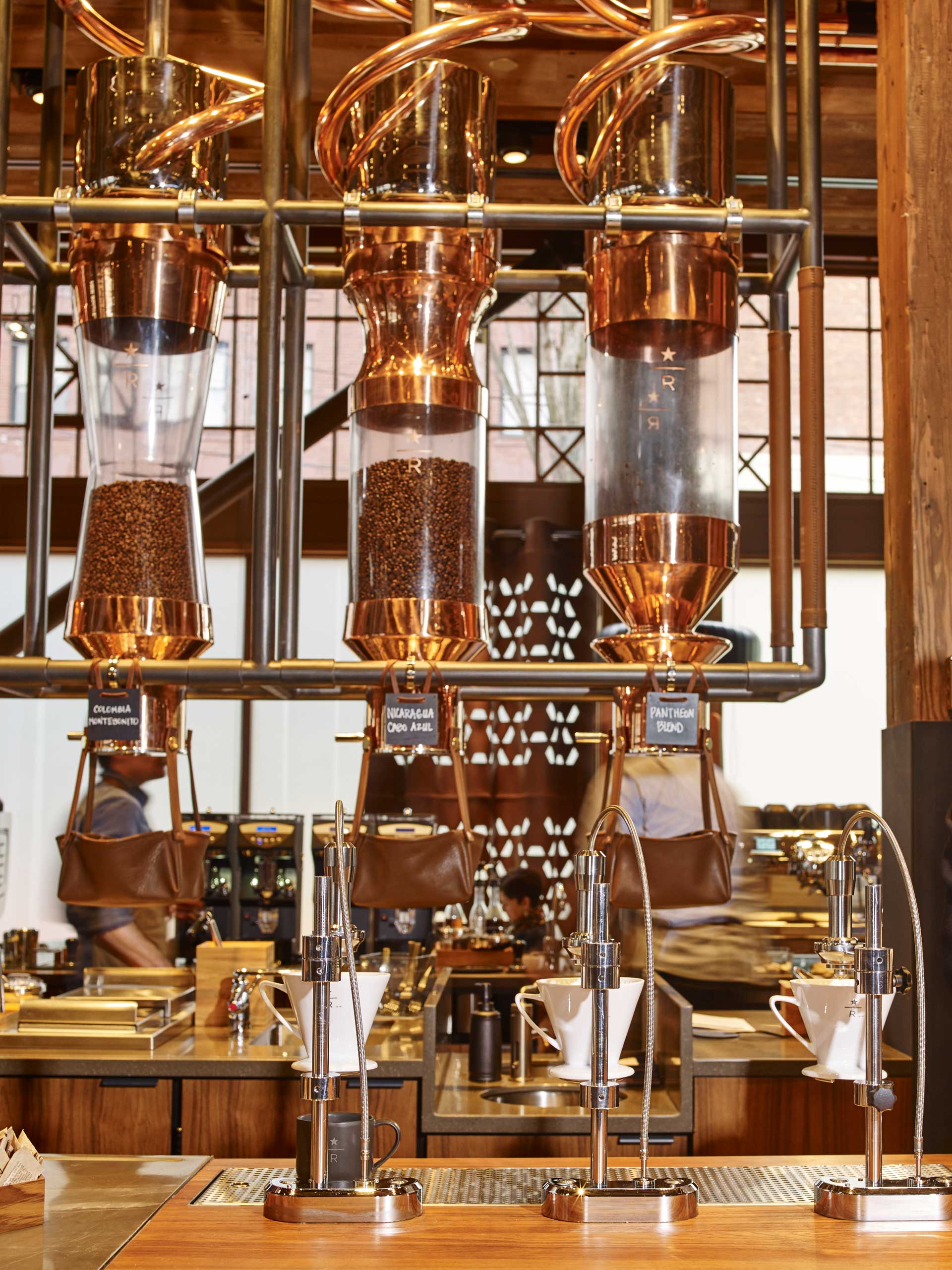
On Wednesday, along came another cultural change campaign from another, but even more ubiquitous chain: Starbucks. The initiative started with a curious new slogan on its coffee cups: #RaceTogether. It was a well-intentioned aimed at inspiring customers to talk about race at the cash register, but the early reviews were grim: it was dubbed a “brew-tally dumb” plan by critics who also called out the CEO’s “chutzpah.” After all, how dare a coffee shop attempt to defuse the nation’s most incendiary issue with coffee cups. As the Atlantic Monthly aptly put it, the implosion of #RaceTogether is evidence of another societal truth: “no effort to grapple with race in America will go unpunished.” (Starbucks said it would stop writing “Race Together” on coffee cups on Sunday, though it said it had always intended to phase out that feature and that it’s only part of the broader campaign.)
But the good news for Starbucks is the solution is clear: Don’t grapple with race, or any other divisive issue by running into it bluntly—instead draw from literature to crack the issues open. In other words, take a cup from Chipotle. With #RaceTogether, Starbucks made a responsibility, an argument, out of the idea of race, and in the process they alienated the two groups of people most capable of tapping into Race Together: Activists fighting racial bias think it’s trivial and ineffective, and their opponents, already sick of the discussion of race, certainly won’t put up with this P.C. invasion of their coffee houses.
But as the writers who’ve been published on Chipotle’s cups have shown us, using literature to tackle the hardest topics–death, love, high school popularity, even race–has always been the best way to engage hearts and minds. With art, it’s possible to probe racial issues, even with explicit racial cues, without setting off a firestorm—so long as it’s not overbearing.
For example, while Race Together often relies on sentimental or melodramatic statements (“It began with one voice”), Dominican-American author Julia Alvarez’s Chipotle quote graces a sensitive cultural divide with distance and brevity:
I miss them, Mami. All those words I had to leave behind. Also, words that in English didn’t carry the same feeling.
In other words, it is possible for any of us, even a coffee store, to raise issues relating to non-white characters—just don’t allow their most important qualities to be non-whiteness. That’s exactly what a handful of writers have expressed repeatedly, and achieved very masterfully. Some of the authors who appear on Chipotle’s cups have long been great examples of this. Amy Tan, whose Joy Luck Club (1989) mediates more on mother-daughter relationships than their being Chinese-American; and Toni Morrison, whose Nobel-winning works prioritizes black Americans to re-imagine her characters as “raceless,” even during peak eras of racism. While there are more to these stories than race, race is also pervasive, driving history, dialogue, thoughts, actions.
It’s this simple, balanced awareness of race that is missing in Race Together, and its failed efforts, often subtle, to understand racial equality and racial awareness—writing “one race: human” here and “races” there—have rendered the initiative opaque and embarrassing.
So Starbucks, instead of simplistic, corporate-sounding slogans like Race Together, why not go right to the heart of the issue with an excerpted passage from Morrison’s most well-known novel, Beloved (1987). Those are words that would invite Starbucks’ customers to ponder, if not discuss where race may be of significance, if at all.
“Lay em down, Sethe. Sword and shield. Down. Down. Both of em down. Down by the riverside. Sword and shield. Don’t study war no more. Lay all that mess down. Sword and shield.” And under the pressing fingers and the quiet instructive voice, she would. Her heavy knives of defense against misery, regret, gall and hurt, she placed one by one on a bank where dear water rushed on below.
Of course, at some point, racial biases or stereotypes—not simply cues—demand to be addressed explicitly. Burrito wrappers and coffee cups may not be enough to tackle the raging online debates that flare up when we hear white Ferguson cop Darren Wilson’s racially-charged descriptions of being afraid of black teen Mike Brown. Or when we digest the furious reaction to Fashion Police’s Giuliana Rancic’s remarks about Zendaya’s dreadlocks, even after she apologized for trading in such odious cultural stereotypes.
Neither Chipotle nor Starbucks have waded into specific racial incidents like those, and perhaps that’s good, but either company could host lighter-hearted, thought-provoking moments pulled from literature. Take, for example, Amy Chua’s controversial parenting memoir, Battle Hymn of the Tiger Mother (2011). While a viral WSJ article prior to its publication titled (without Chua’s knowledge) “Why Chinese Mothers Are Superior” turned her book into a national racial debate, Tiger Mother in fact tells the exact opposite story. Chua unravels that very cultural stereotype, in both poignant and funny ways:
“Ben Franklin said, ‘If thou loveth life, never ever EVER wasteth time.’ Thomas Jefferson said, ‘I’m a huge believer in luck, and the harder I work the more I have of it.’ And Alexander Hamilton said, ‘Don’t be a whiner.’ That’s a totally Chinese way of thinking.”
“Mommy, if the Founding Fathers thought that way, then it’s an American way of thinking. Besides, I think you may be misquoting.”
“Look it up.”
There’s one last very important lesson from Chipotle’s cups—if you’re going to talk about race, push the conversation forward. Whereas Starbucks’ Race Together repeats platitudes about the nation’s enduring racial divides, a piece published by New Yorker writer Malcolm Gladwell’s on Chipotle’s site, questions more broadly what really counts as social acceptance, and what that’s truly worth. Race becomes just one part of the human experience:
You can imagine what I thought, on the way to the barn-raising: How on earth would a group of Old Orders accept us? This is what we always worry about, of course. If people of different colors and creeds are to get along, we think we need to practice approval and agreement and acceptance.
This more relaxed interpretation of race—not about its groups, but how we approach it—could revive Race Together. Like Chipotle’s desire to give its cups and bags a new function, and like Starbucks’ wish to turn its sales registers into ideas exchanges is worth pursuing. Race Together can gain a broader purpose as a vehicle for thinking about people in general. And that requires looking for more carefully crafted ideas than a hashtag.
And those ideas can be found even beyond literature relating to America: take Katherine Boo’s non-fiction work Behind the Beautiful Forevers (2012), for example, which explores a Mumbai under city to investigate social mobility and justice. These are the kinds of ideas that Race Together needs. And what better way to serve them than on cups to-go?
Maybe because of the boiling April sun, he thought about water and ice. Water and ice were made of the same thing. He thought most people were made of the same thing, too… If he had to sort all humanity by its material essence, he thought he would probably end up with a single gigantic pile. But here was the interesting thing. Ice was distinct from—and in his view, better than—what it was made of.
He wanted to be better than what he was made of. In Mumbai’s dirty water, he wanted to be ice. He wanted to have ideals. For self-interested reasons, one of the ideals he most wanted to have was a belief in the possibility of justice.
Read next: Kareem Abdul-Jabbar: Starbucks’ Flawed But Wonderful Plan To Tackle Race
More Must-Reads from TIME
- L.A. Fires Show Reality of 1.5°C of Warming
- Home Losses From L.A. Fires Hasten ‘An Uninsurable Future’
- The Women Refusing to Participate in Trump’s Economy
- Bad Bunny On Heartbreak and New Album
- How to Dress Warmly for Cold Weather
- We’re Lucky to Have Been Alive in the Age of David Lynch
- The Motivational Trick That Makes You Exercise Harder
- Column: No One Won The War in Gaza
Contact us at letters@time.com